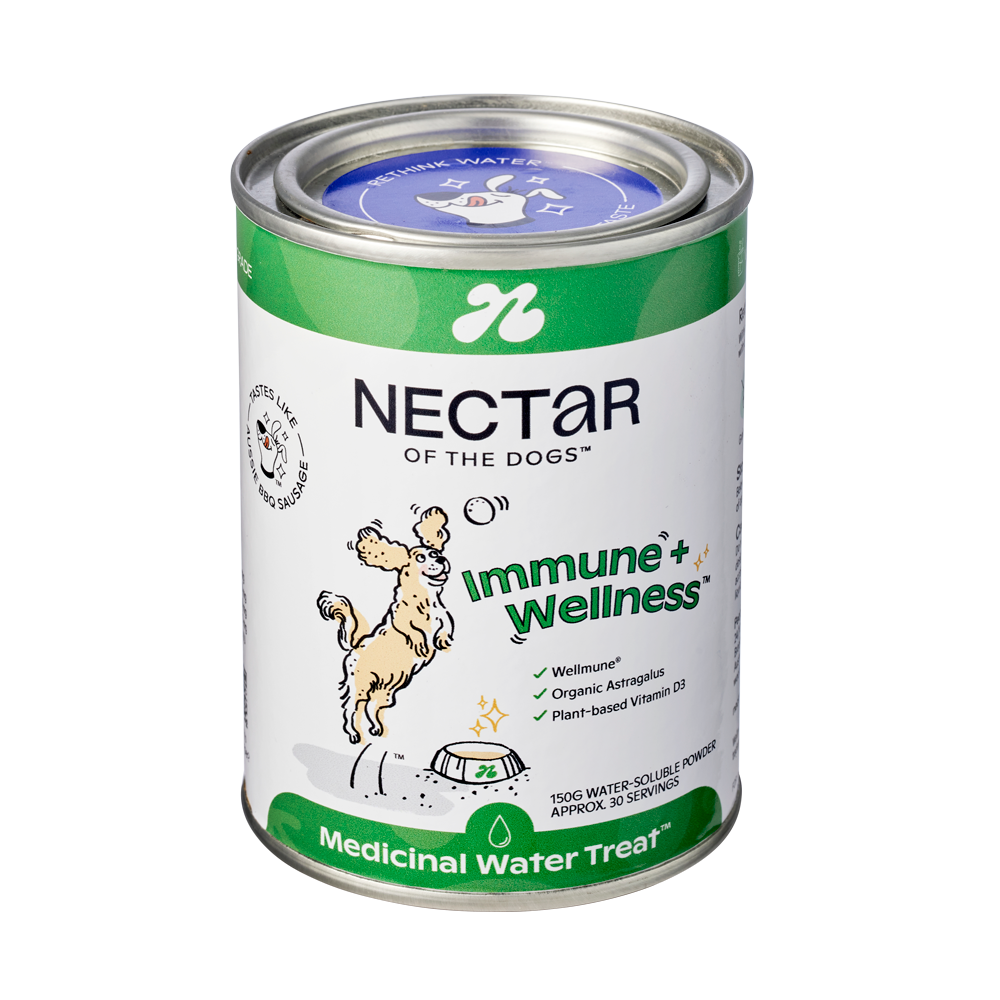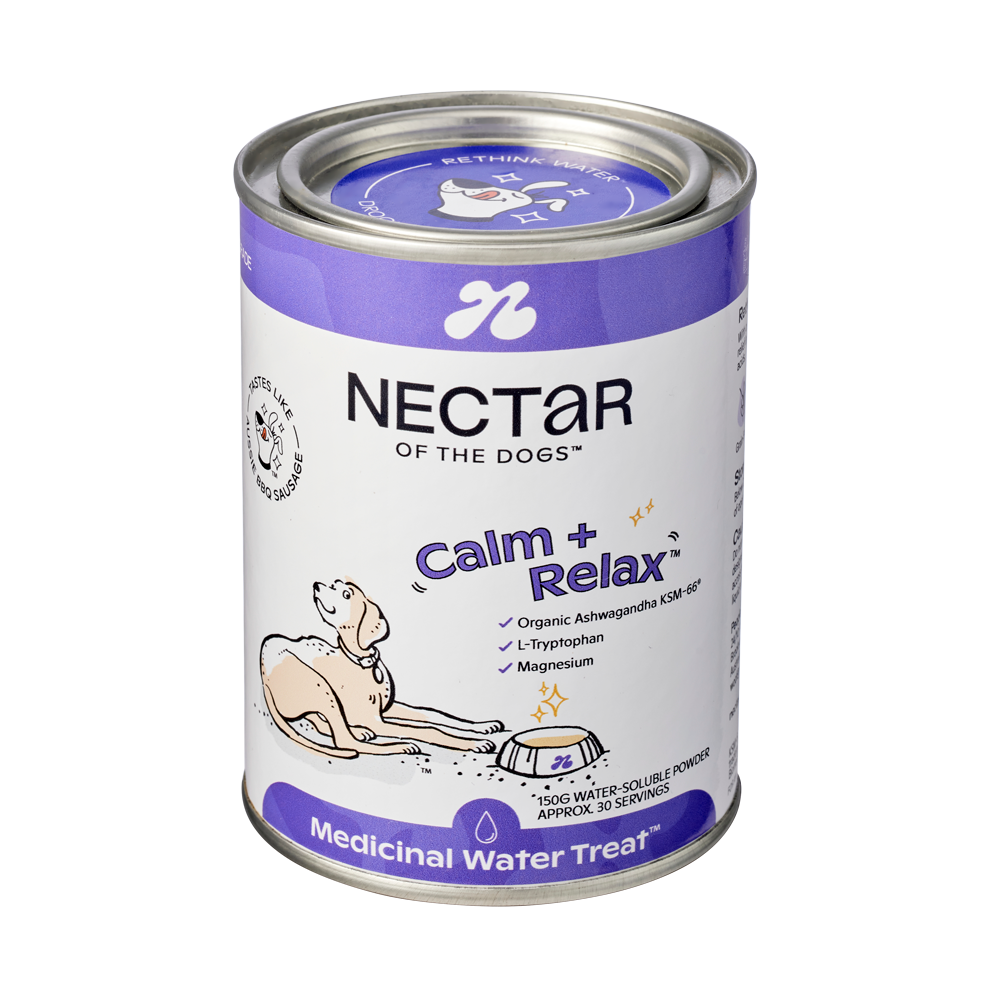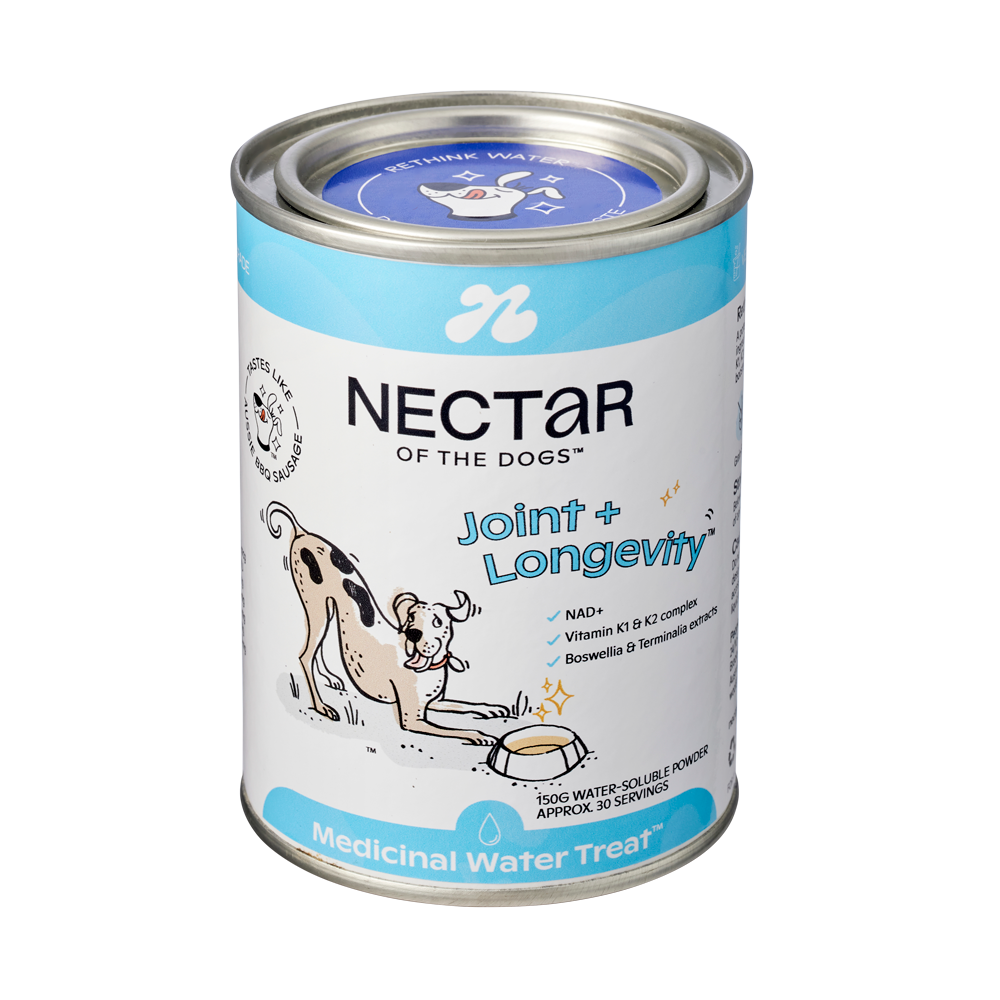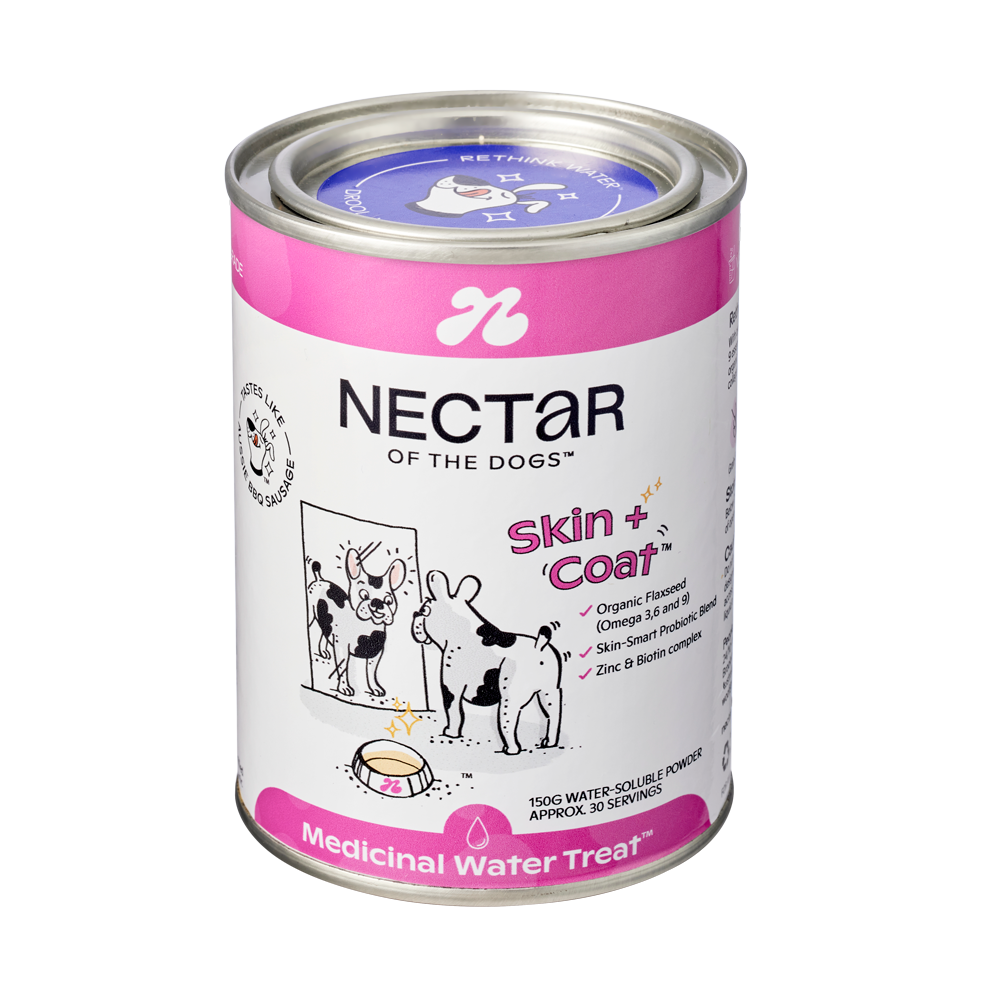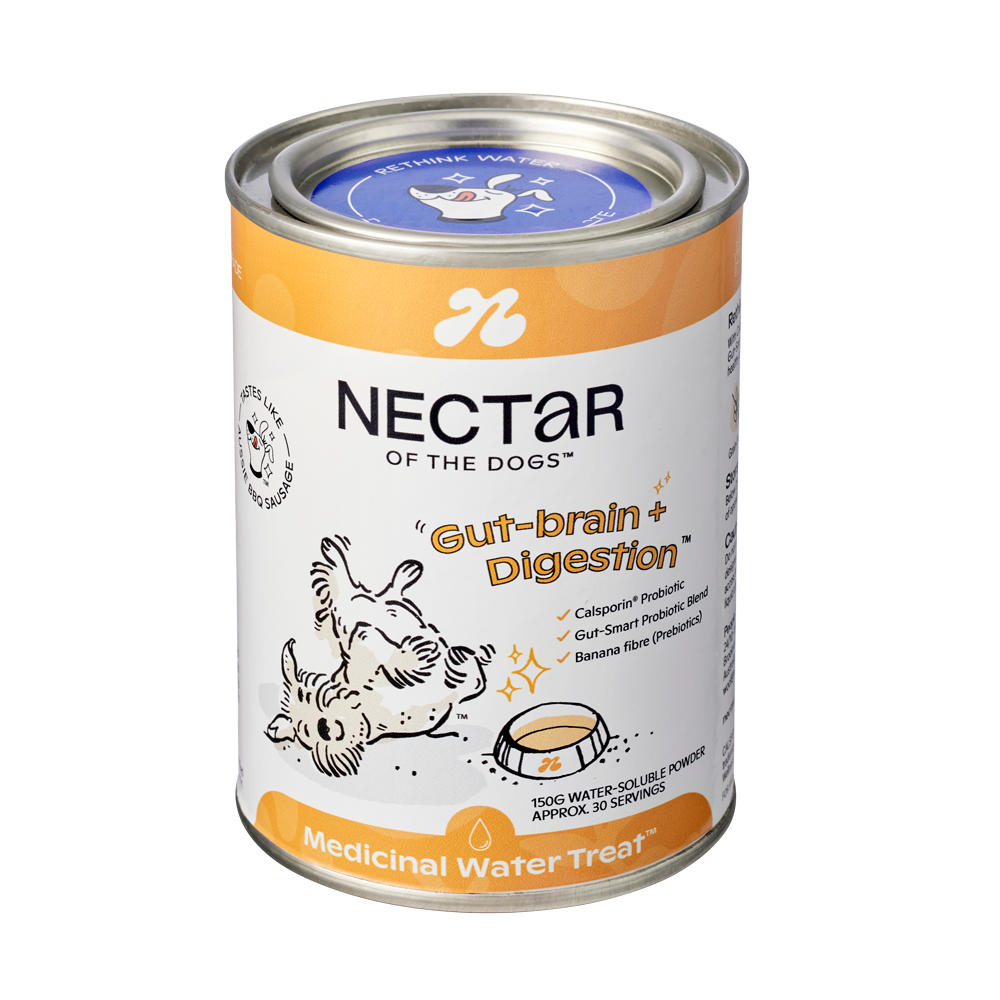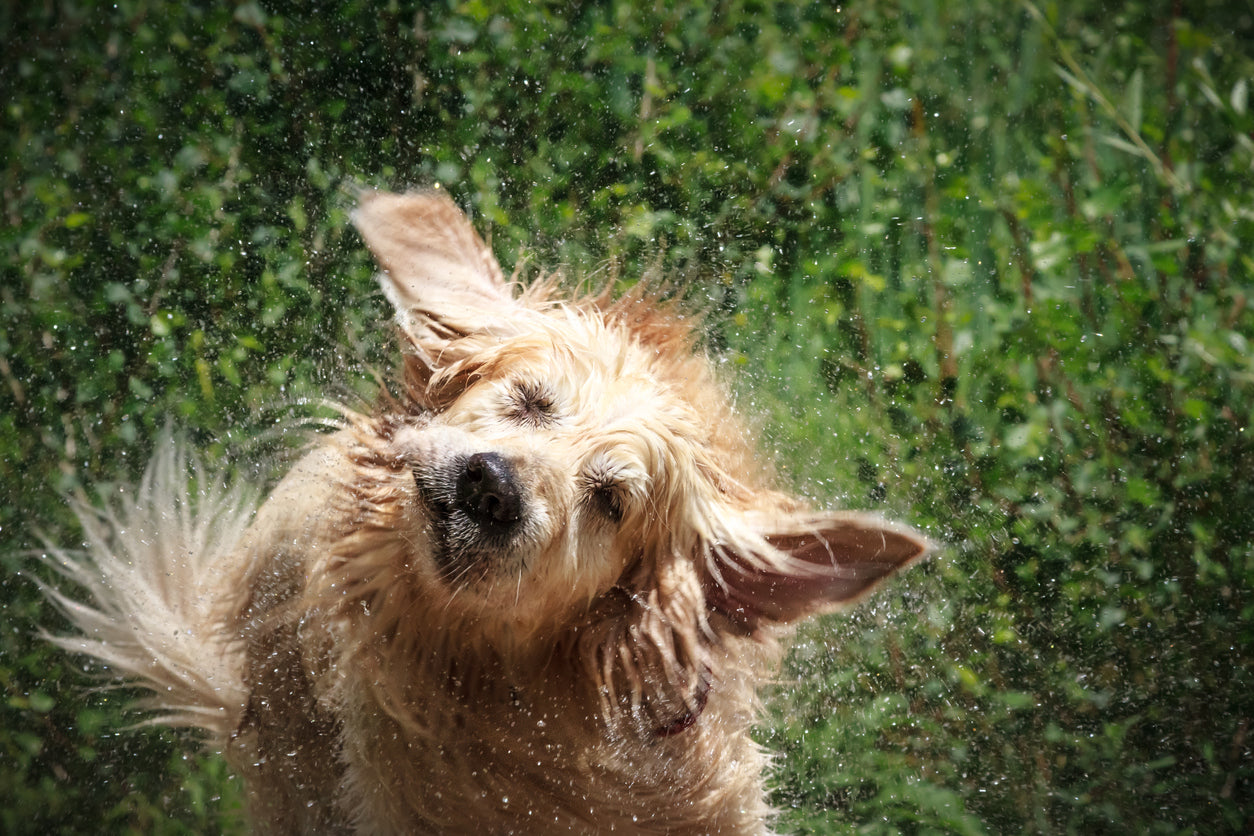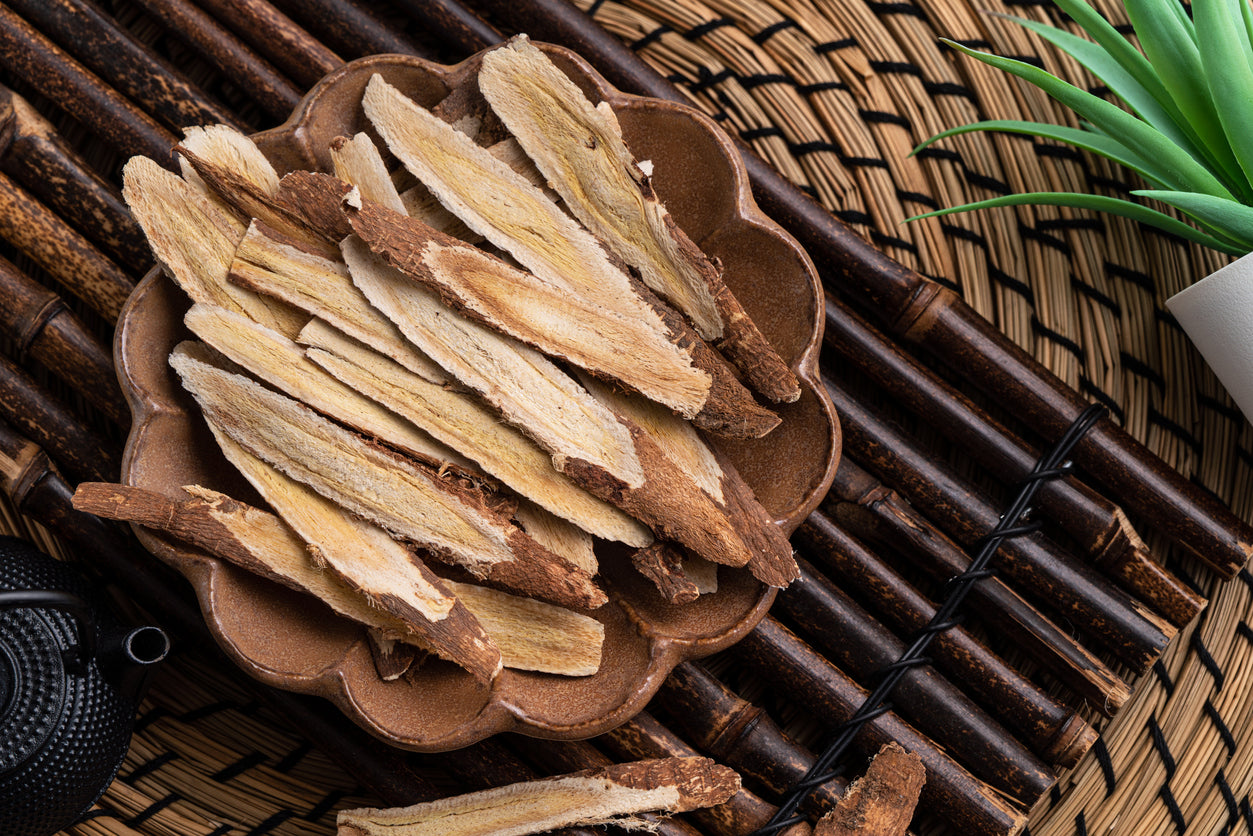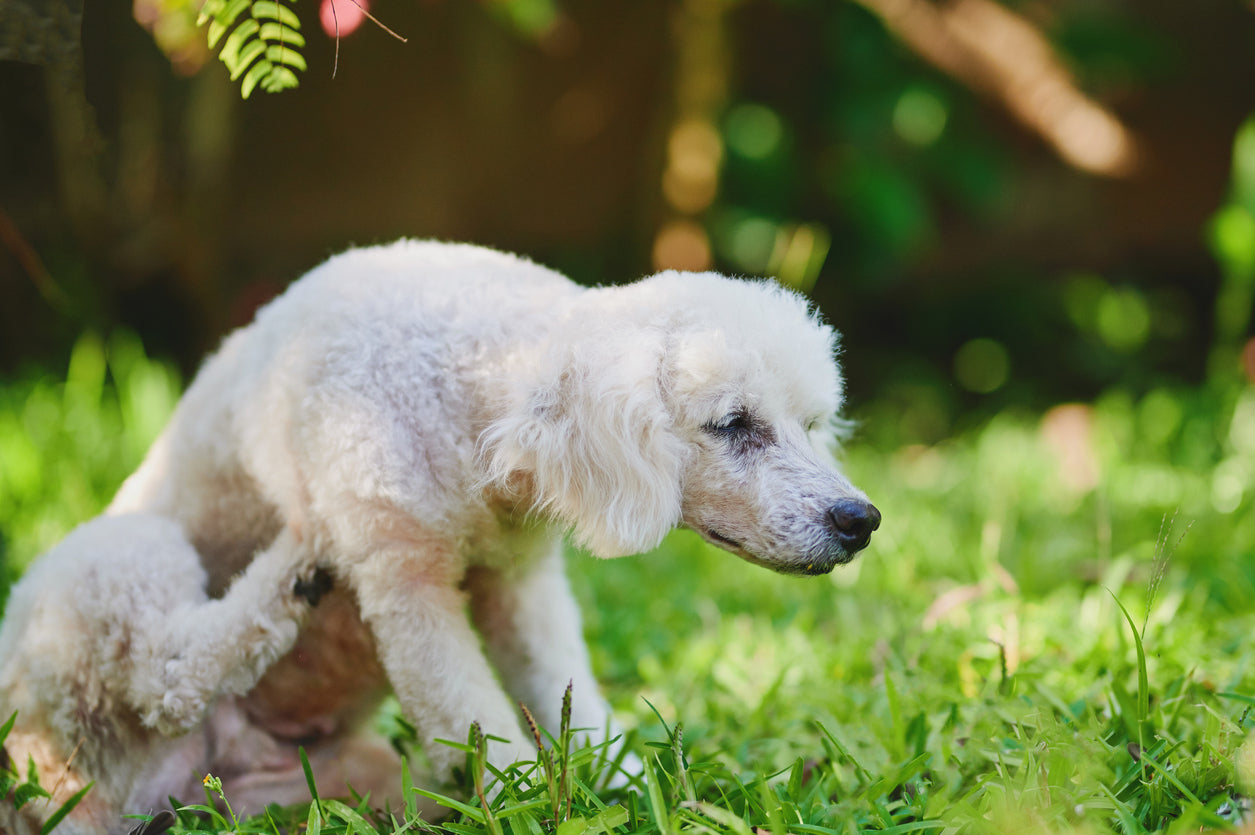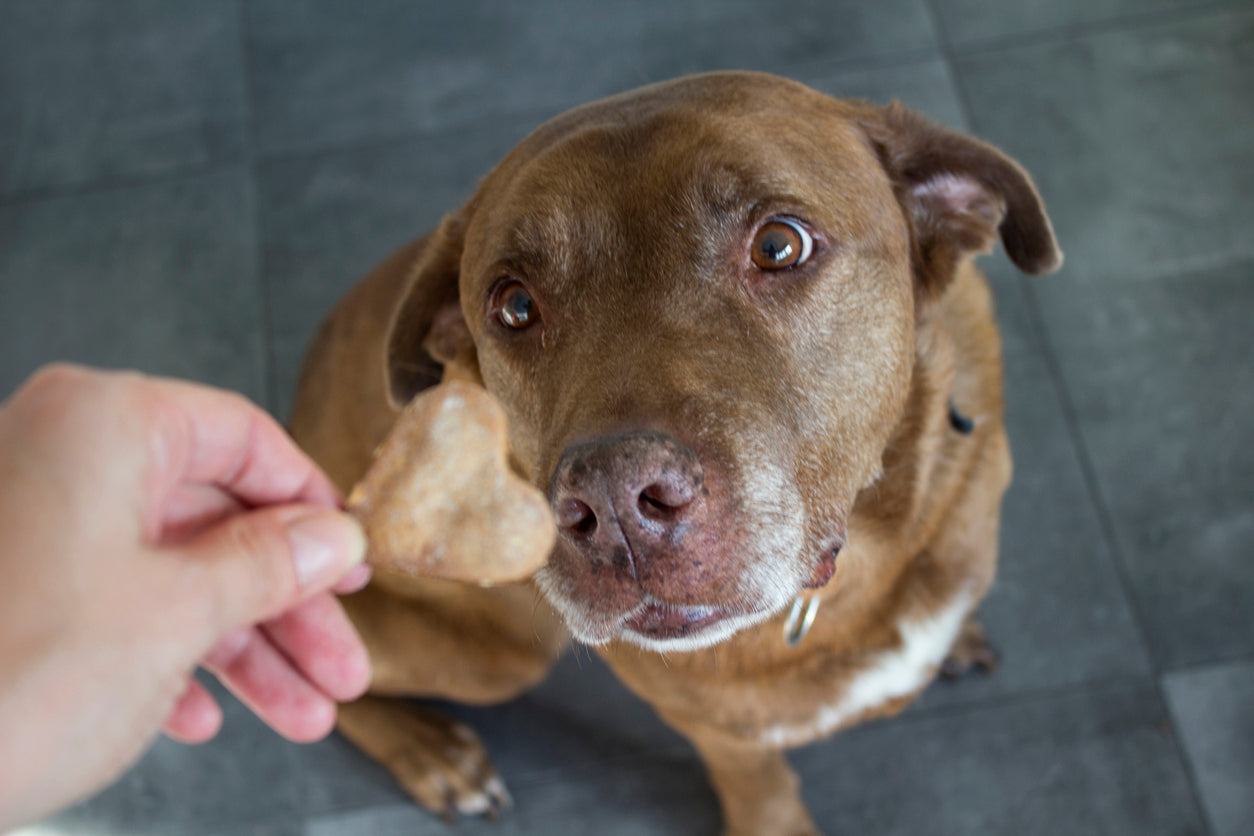Can dogs eat mushrooms: Everything you need to know
As pet owners, many of us are curious to know if our furry friends should be eating mushrooms. Are they safe? Are they toxic? The answer is not as straightforward as you might think, as the risks and benefits of mushroom consumption depend on several factors.
In this article, we will take a closer look at the kinds of mushrooms that your dog can eat, and the ones they definitely shouldn’t, as well as what to do if your dog eats a wild mushroom.
Can Dogs Eat Mushrooms
As a general rule, dogs, being considered omnivores, can eat unseasoned mushrooms that are bought from a supermarket, in small quantities.
They can also enjoy specific types of mushrooms (medicinal mushrooms) known for the health benefits, like Cordyceps, Reishi and Tremella that are used for medicinal purposes.
However, as a principle, wild mushrooms should never be fed to your dog.While some varieties of wild mushrooms would undoubtedly be fine for your dog to chow down, the difficulty is that there are some that are toxic to dogs and knowing which ones they can be a challenge Some varieties can be fatal and others fine, but it’s almost impossible for an untrained eye to tell the difference. For that reason, it’s never a good idea to let your dog eat wild mushrooms of any kind.
Can dogs eat cooked mushrooms?
Yes. If you’re wondering whether your dog can have a nibble on some mushrooms that you’ve bought from the shop, the answer is yes!
Dogs can eat shop-bought mushrooms that have been cooked in a small amount of olive oil. But be mindful that the mushrooms we eat can often be seasoned with onion and garlic, which are toxic to dogs. You can only feed them mushrooms that have been prepared separately and don’t have any seasoning.
What varieties of mushrooms can dogs eat?
The best kind of mushrooms for dogs have medicinal purposes. These are usually not found in the wild in Australia but can be available dried as a powder or in a capsule form. It is recommended to speak to your veterinarian or a holistic veterinarian if you want to give medicinal mushrooms to your pet for specific health conditions. The top varieties of mushrooms for dogs in terms of the health benefits are:
- Cordyceps
- Reishi
- Tremella
- Chaga
- Turkey Tail
- Shiitake
Benefits of medicinal mushrooms for dogs
Cordyceps mushrooms for dogs
Cordyceps have been widely used in Traditional Chinese Medicine for centuries as a tonic to promote energy and reduce fatigue. They have also been used with success with dogs suffering from kidney disease and with immune issues.
Reishi mushrooms for dogs
Reishi are a good variety of mushrooms for dogs as they can affect the genes in white blood cells which support a healthy immune system. They are known to have adaptogenic, immunomodulating and anti-inflammatory properties.
Tremella mushrooms for dogs
Also known as snow fungus mushrooms, Tremella are rich in vitamin D and beta-glucans, which encourages cell growth and helps dogs with wound healing.
What supermarket mushrooms can dogs have?
In small quantities, dogs can also eat most of the standard mushroom varieties found at the supermarket like:
- White button
- Chestnut mushrooms
- Portobello
- Porcini
- Shiitake
- Maitake
As mushrooms tend to absorb toxins and pesticides, it is recommended (if you can find and afford them) to feed organic options to your pet.
Benefits of supermarket mushrooms for dogs
Shop bought mushrooms can add beneficial nutrients to your dog’s diet, like amino acids, vitamins, minerals, fibre and enzymes…
Certain types of mushrooms such as shiitake and maitake contain polysaccharides, which are known to boost the immune system. In addition, some mushrooms are a good source of B vitamins, minerals, protein and fibre, so adding mushrooms to your dog’s diet could be beneficial for overall health if done in moderation.
Which mushrooms are poisonous for dogs?
Mushrooms in the genus Amanita contain toxins known as amatoxins and phallotoxins that can be lethal to dogs if ingested. These include the notorious “death cap” mushroom, Amanita phalloides. Amanita muscaria or fly agaric mushrooms, with their bright red caps and white spots, also pose a potential risk to dogs if eaten.
There are over 600 species of mushroom in South Australia alone, and many of these are toxic to dogs. For that reason, it’s safe to assume that any wild mushroom will be a bad idea. If you find mushrooms growing on your property, remove them as quickly as possible and when on walks avoid your dog ingesting any wild mushroom.
Some of the varieties that are toxic to dogs include:
- Death Cap (Amanita Phalloides)
- Fly Agaric (Amanita Muscaria) – the iconic fairy-tale mushroom with the red cap and white spots
- Deadly Webcap (Cortinarius Rubellus)
- Funeral Bell (Galerina Marginata)
- Destroying Angel (Amanita Virosa)
- Fool’s Funnel (Clitocybe Rivulosa)
- Panther Cap (Amanita Pantherine)
- Angel’s Wings (Pleurocybella Porrigens)
What to do if your dog has eaten a wild mushroom
If you know your dog has ingested a toxic mushroom or wild mushroom, take them to the vet immediately and your vet will most likely induce vomiting. If it’s an hour or longer after the ingestion happened and neurological signs have begun, your vet may need to pass a stomach tube.
It is incredibly hard to diagnose toxicity, so it’s always best to err on the side of caution and to get your dog to the vet straight away if they eat a wild mushroom. Without knowing the variety of mushroom it’s hard to know how sick your dog will get and it’s not worth waiting to see.
While many mushrooms won’t cause any serious harm, some can be fatal so a vet visit is always recommended.
Mushrooms for dogs: Nectar supplements
Nectar’s Immune and Wellness is a great addition to give your dog all the benefits of mushrooms in an easy to feed supplement.
Our human-grade formula is designed to support healthy immune function in dogs and contains the varieties of medicinal mushrooms Cordyceps, Reishi for immune health. Our Nectar Skin + Coat supplement contains Tremella mushroom for its skin hydrating properties.
